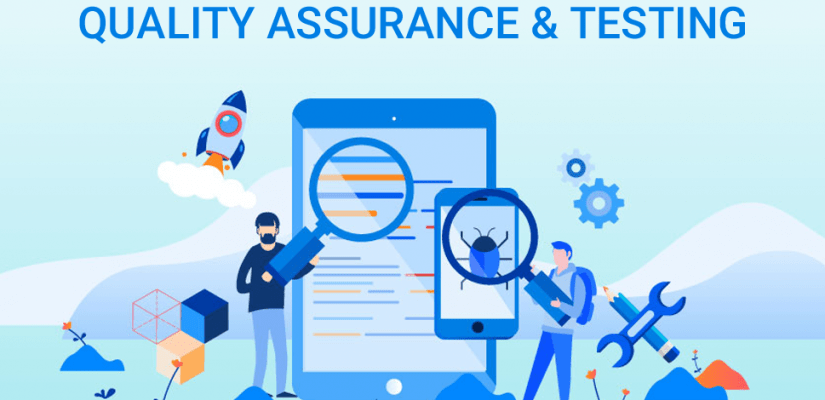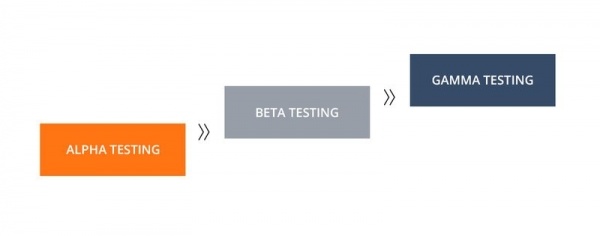Thorough testing of a mobile app is not just about testing it innumerable times. It includes different types of testing, like exploratory testing. This checks the app by exploring the different test scenarios with the help of a tester digging out the loopholes and errors that come during their normal usage, and providing a report on the experience. The process is all about simultaneously learning, test design and implementing.
Exploratory testing helps mobile app makers recognize the major issues quickly, improving the app’s development process to ensure that it fulfils the actual needs of the final users.
Suppose the test cases aren’t built at the right time. In that case, testers can check out the system immediately, providing precise, real-time insights for digging out the problem areas and kinks that the developers must lay out before the actual launching.
Here are the things related to exploratory testing of your mobile apps that you should be aware of:
At what point does Exploratory Testing become Crucial?
- Implementing exploratory testing for your mobile app can be beneficial in different scenarios. Just like, it helps you understand the actual functioning mechanism of your app, the real look of the interface, and how it is functional for your final users. It is also important to recognize the untested, error-prone functionality of the app, helping you immediately solve the problem.
- You might also use exploratory testing to minimize test script writing, search for better insights and get a whole range of feedback from brand new testers. If you wish to refine your app and get it ready to be launched on different marketplaces, exploratory testing will be useful to set it up for an excellent release.
Check out this blog to ensure quality assurance in software testing. https://www.hikeqa.com/qa-outsourcing/how-to-ensure-quality-assurance-in-software-testing/
What Are The Various Stages Of Exploratory Test Management?
Exploratory Test management passes through 5 different stages.
- The initial one is the classification of bugs, which classifies the significant loopholes identified by the previous testing. It checks the significant causes, finds out the risks and comes with techniques to check the app in detail.
- The next stage or the second one is the test charter, which brings forward the things to be tested, the procedure, and the areas that need to be taken into consideration. It also clears out how the final user can utilize the application in the best way.
- The 3rd stage is the time box stage, which includes both the testers working with each other to test the app for 90 minutes without any hindrance.
- In this stage, the testers react based on how the app responds and catalogue all their experiences for the fourth level by checking the results.
- The last or the 5th stage, also known as debriefing, syncs with the results, compares the results with the charter and checks the requirement for more testing.
Why Is Exploratory Testing So Important?
Enhancing your app with the help of exploratory testing helps you get feedback from actual testers, who check the app’s important functions and test how they function to make it easy for the final user to achieve their targets. The testers will get to know more about the app, unleash the problem areas and errors, and confirm whether the app is performing the way it should or fails to match the developer’s targets.
Using the information you get from the testers, you can decide whether you need more mobile application testing services to fulfil the expected results. Suppose you don’t invest in exploratory testing. In that case, you might get a lukewarm reception to your application after its official launch, which can bring about a major blow to your company’s reputation.
When you check the app, collect positive feedback, and use exploratory testing, you’ll be happy to make sure that it is perfect to launch and fulfil the final user’s requirements. These days there is a lot of discussion surrounding exploratory testing in agile. Let’s find out more about how to manage exploratory testing?
How To Easily Manage Exploratory Testing?
Exploratory Test Management usually passes through the 5 following levels:
Building of Bug Taxonomy (classification):
You can categorize the popular fault types found in the initial projects.
Properly check the significant reason behind the faults or issues.
Find out the risks and construct ideas to check the app.
The Test Charter:
The test charter’s primary duty is to propose what to test, the testing procedure, areas that need to be focused on and the test ideas are the primary points of exploration testing.
Test Charter helps an end-user in using the app.
The Convenient Time Box:
It has two testers working with each other for a tiny time frame of 90 minutes. There usually is no interrupted time within the 90 minutes. Time Box comes with an extension or reduction of around 45 minutes. This particular session motivates the testers to give a reply to the response of the app and to get ready for the perfect result.
Reviewing Of Results:
You need to thoroughly check the faults, learn from testing, and properly study the coverage areas.
Debriefing
It combines all the output results, a comparison between the results and the charter and a look into the requirement for any extra testing.
Fact On Exploratory Testing In Agile
Did you guys know that in 2001, a reputed member of the “context-driven” school of software testing, Brian Marick took part in the Snowbird contest leading to the published Agile Manifesto; he often declared himself to be the token tester of the team, spreading awareness of practices within exploratory testing for the Agile Community.
Concluding Thoughts
HikeQA is one of India’s top-rated performance testing companies providing test automation services, ensuring that your application is well crafted and ready to be used by your final audience. Our excellent quality testing services make sure that your expanding product gets proper attention and is checked in the right way to turn your vision into reality. Talk to us now and discover what more we can do for your app with the help of exploratory testing!

















